Home>Articles>How Many Joules Does A Surge Protector Need For Refrigerator
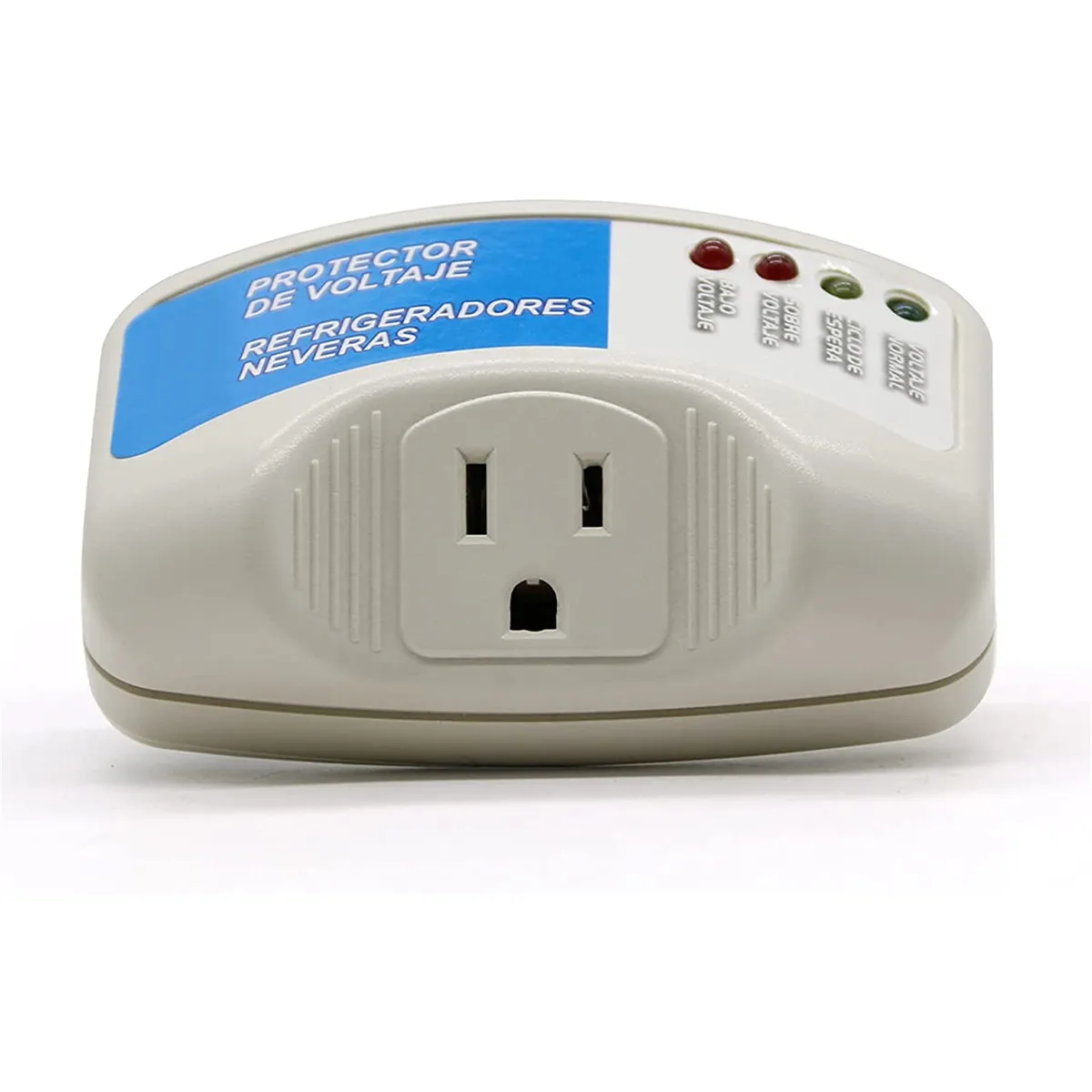

Articles
How Many Joules Does A Surge Protector Need For Refrigerator
Modified: March 25, 2024
Looking for answers on how many joules surge protector is needed for your refrigerator? Check out our informative articles on surge protectors for appliances.
(Many of the links in this article redirect to a specific reviewed product. Your purchase of these products through affiliate links helps to generate commission for Storables.com, at no extra cost. Learn more)
Introduction
Welcome to our comprehensive guide on surge protectors for refrigerators. In today’s digital age, electronic appliances have become an integral part of our daily lives, and our refrigerators are no exception. These essential appliances not only preserve our perishable food items but also store valuable medications, beverages, and other temperature-sensitive products. As electricity is prone to voltage fluctuations and power surges, it is crucial to protect our refrigerators from potential electrical damage.
In this article, we will delve into the world of surge protectors and discuss the importance of using them specifically for refrigerators. We will guide you on determining the appropriate number of joules needed for a refrigerator surge protector and provide valuable tips on selecting and installing the right surge protector for your refrigerator.
By the end of this guide, you will have a clear understanding of the significance of surge protection for refrigerators and be equipped with the knowledge to make informed decisions when it comes to safeguarding your valuable appliance.
Key Takeaways:
- Invest in a surge protector with 1000-1500 joules for your refrigerator to safeguard against electrical surges, ensuring longevity and uninterrupted functionality.
- Consider factors like clamping voltage, response time, and outlet layout when choosing and installing a surge protector for optimal protection.
Understanding Surge Protectors
Before diving into the specifics of surge protectors for refrigerators, it’s essential to understand what a surge protector is and how it functions. A surge protector, also known as a surge suppressor, is a device designed to protect electrical equipment from voltage spikes and power surges. It acts as a barrier between the power source and the connected devices, preventing any excessive voltage from reaching them.
When an electrical surge occurs due to lightning strikes, utility switchings, or other factors, the voltage in the power line can increase significantly, potentially damaging sensitive electronic components in your appliances. Surge protectors are designed to detect these voltage irregularities and divert the excess energy away from your appliances, thereby protecting them from potential damage.
Surge protectors work by using a metal oxide varistor (MOV) or gas discharge arrestor (GDA) component. These components are capable of detecting a surge in voltage and diverting the excess energy away from the connected devices. Additionally, surge protectors often include multiple outlets, allowing you to plug in multiple devices and protect them simultaneously.
It’s important to note that surge protectors have a limited lifespan. Over time, the MOV or GDA component can wear out due to repetitive surges. As a result, it’s recommended to replace surge protectors every few years to ensure optimal protection for your appliances.
Now that we have a basic understanding of surge protectors, let’s explore the significance of using surge protection specifically for refrigerators.
Importance of Surge Protection for Refrigerators
Refrigerators are among the most important appliances in our homes, playing a vital role in preserving our food and keeping it safe for consumption. However, they are also highly susceptible to electrical surges and voltage fluctuations. These sudden spikes in voltage can cause serious damage to the sensitive electronic components of your refrigerator, leading to malfunctions, breakdowns, and even permanent damage.
Without proper surge protection, a power surge can cause irreparable harm to the compressor, control boards, and other crucial parts of your refrigerator. This can not only result in costly repairs or replacements but also lead to the loss of perishable food items and other stored goods.
Additionally, unexpected power surges can disrupt the cooling cycle of your refrigerator, causing temperature fluctuations inside the appliance. This can impact the freshness and quality of your food, potentially leading to spoilage and health hazards.
Moreover, refrigerators often contain digital displays, touch controls, and other advanced features that are highly sensitive to voltage variations. Surge protectors act as a safeguard, protecting these delicate components from being damaged by sudden voltage spikes.
By investing in a surge protector specifically designed for refrigerators, you are taking a proactive step towards protecting your appliance and ensuring its longevity. Not only will this save you from unnecessary repair costs and potential loss of food, but it will also provide you with peace of mind knowing that your refrigerator is well-protected against electrical surges.
Now that we understand the importance of surge protection for refrigerators, let’s explore how to determine the required joules for a refrigerator surge protector.
Determining the Required Joules for a Refrigerator Surge Protector
When selecting a surge protector for your refrigerator, it’s important to consider the joule rating of the device. Joules represent the amount of energy that a surge protector can absorb before it becomes overwhelmed. The higher the joule rating, the better the surge protector is at handling larger power surges.
To determine the required joules for a refrigerator surge protector, you need to consider the power requirements and the average energy consumption of your refrigerator. Most refrigerators have a wattage rating, which you can find on the manufacturer’s label or in the user manual. Multiply the wattage by the number of hours the refrigerator is typically in use per day to calculate the energy consumption in watt-hours (Wh).
Next, consider the typical voltage fluctuations in your area. While voltage spikes are less common, it’s important to be prepared for them as they can cause significant damage. Research the average voltage spikes in your area and consider selecting a surge protector with a joule rating higher than the maximum expected spike.
Keep in mind that refrigerators typically have a higher inrush current than other appliances. This is the initial surge of power required to start the compressor. To ensure proper protection, it’s recommended to select a surge protector specifically designed for refrigerators or appliances with high inrush currents. These surge protectors are capable of handling the initial power surge without compromising the protection of your refrigerator.
An important consideration in joule rating is also the aging factor. Surge protectors can degrade over time due to repeated surges, so selecting a higher joule rating will provide added protection as the surge protector ages.
It’s worth noting that while a higher joule rating offers better protection, there is a limit to the effectiveness of surge protectors. Extremely large power surges, such as those caused by direct lightning strikes, may still overwhelm even the highest-rated surge protectors. In such cases, additional measures such as whole-house surge protection systems may be necessary.
By considering the power requirements of your refrigerator, the typical voltage fluctuations in your area, and the specific requirements of appliances with high inrush currents, you can determine the required joules for a refrigerator surge protector that will provide optimal protection for your valuable appliance.
Now that we understand how to determine the required joules, let’s explore the factors to consider when choosing a surge protector for your refrigerator.
When choosing a surge protector for a refrigerator, look for one with a joule rating of at least 600 joules to ensure adequate protection against power surges.
Factors to Consider When Choosing a Surge Protector
Choosing the right surge protector for your refrigerator is crucial in ensuring the safety and protection of your appliance. Here are some key factors to consider when selecting a surge protector:
- Joule Rating: Look for surge protectors with a high joule rating to handle larger power surges effectively. As discussed earlier, consider the power requirements and energy consumption of your refrigerator to determine the required joules.
- Clamping Voltage: The clamping voltage of a surge protector indicates the voltage level at which it starts diverting the excess energy. Lower clamping voltage implies better protection, so choose a surge protector with a lower clamping voltage, preferably below 400 volts.
- Response Time: The response time of a surge protector refers to how quickly it reacts to an electrical surge. A shorter response time indicates faster protection for your refrigerator. Look for surge protectors with response times in the nanoseconds range.
- Number of Outlets: Consider the number of outlets you require for your refrigerator and other appliances. Ensure that the surge protector has enough outlets to accommodate all your devices while leaving room for future additions.
- Protection Indicators: Look for surge protectors that feature LED indicators to provide visual alerts when the surge protection is active and when it needs to be replaced. This allows you to monitor the status of your surge protector easily.
- Warranty: Check the warranty provided by the surge protector manufacturer. A longer warranty demonstrates the manufacturer’s confidence in their product’s quality and durability.
- Brand Reputation: Consider the reputation and reliability of the surge protector brand. Read customer reviews and seek recommendations from trusted sources to ensure you select a reputable brand known for producing high-quality surge protectors.
- Price: While price should not be the sole determining factor, it is essential to consider your budget. Compare the features and specifications of different surge protectors within your price range to make an informed decision.
By considering these factors, you can choose a surge protector that meets the specific needs of your refrigerator and provides optimal protection against power surges.
Now that we have discussed the factors to consider, let’s move on to the recommended joules range for refrigerators.
Read more: How Many Surge Protector Joules For TV
Recommended Joules Range for Refrigerators
When it comes to surge protectors for refrigerators, it is generally recommended to choose a device with a joule rating ranging from 1000 to 1500 joules. This range provides a sufficient level of protection for most common power surges and voltage fluctuations that a refrigerator can experience.
A surge protector with a joule rating of 1000 joules or higher is capable of handling moderate power surges and can effectively divert the excess energy away from your refrigerator, minimizing the risk of damage to its sensitive electronic components.
However, if your refrigerator has a higher inrush current or is located in an area prone to frequent or more severe voltage fluctuations, it is advisable to lean towards a surge protector with a higher joule rating within the 1500 joules range. A higher joule rating provides an additional layer of protection, ensuring that your refrigerator is shielded against larger or more prolonged power surges.
Keep in mind that the recommended joules range can vary depending on the specific model, brand, and individual power needs of your refrigerator. It is always a good idea to consult the manufacturer’s guidelines or contact their customer support to ensure that you choose a surge protector that aligns with their recommendations.
In addition to the joule rating, consider other factors discussed earlier, such as clamping voltage and response time, when selecting a surge protector within the recommended joules range. These factors collectively contribute to the overall effectiveness and reliability of the surge protector in safeguarding your refrigerator against electrical surges.
By opting for a surge protector within the recommended joules range, you can have peace of mind knowing that your refrigerator is well-protected against potential electrical damage, ensuring its longevity and uninterrupted functionality.
Now that we have covered the recommended joules range, let’s move on to some tips for selecting and installing a surge protector for your refrigerator.
Tips for Selecting and Installing a Surge Protector for Your Refrigerator
Selecting and installing a surge protector for your refrigerator requires careful consideration and proper installation to ensure optimal protection. Here are some helpful tips to guide you:
- Choose a surge protector specifically designed for refrigerators: Look for surge protectors that are explicitly labeled or marketed for refrigerators or appliances with high inrush currents. These surge protectors are designed to handle the initial surge of power without compromising the protection of your refrigerator.
- Consider a surge protector with an outlet layout suitable for your needs: Evaluate the positioning and spacing of the outlets on the surge protector. Ensure that it can accommodate the plug size and shape of your refrigerator and other devices, allowing for a secure and convenient setup.
- Take into account the cord length: Consider the length of the surge protector’s cord to ensure it can reach a nearby power outlet without straining or obstructing the refrigerator. Avoid using extension cords as they can introduce additional risks.
- Install the surge protector close to the refrigerator: Place the surge protector within a reasonable distance of your refrigerator to minimize the length of the power cord. This reduces the chances of potential hazards or accidental disconnection.
- Follow the manufacturer’s installation guidelines: Carefully read and adhere to the manufacturer’s instructions for installing the surge protector. This ensures proper installation and usage, maximizing its effectiveness in protecting your refrigerator.
- Regularly inspect and maintain the surge protector: Periodically check the surge protector for any signs of damage or wear. Replace it if you notice any physical defects or if it has reached its lifespan as recommended by the manufacturer.
- Consider a whole-house surge protection system: For comprehensive protection, you may want to explore the option of installing a whole-house surge protection system. This system provides protection to all the electrical devices in your home, including your refrigerator.
- Register your surge protector for warranty: Take the time to register your surge protector with the manufacturer to ensure you are eligible for any warranty coverage. This can be crucial in case of malfunctions or unexpected damages.
- Label the surge protector: To avoid confusion and ensure easy identification, label the surge protector as “Refrigerator” or something similar. This will help you differentiate it from other surge protectors in your home.
Remember, surge protectors are an essential investment in safeguarding your refrigerator from electrical surges. Following these tips will help you make an informed decision and ensure the proper installation and usage of a surge protector for your valuable appliance.
Now that we have covered the tips for selecting and installing a surge protector, let’s wrap up this article.
Conclusion
In today’s world, protecting our appliances from electrical surges is crucial, and refrigerators are no exception. Electrical surges can cause significant damage to the sensitive electronic components of your refrigerator, resulting in costly repairs, food spoilage, and potential health hazards.
Investing in a surge protector designed specifically for refrigerators is a wise decision that can provide long-term protection and peace of mind. By understanding the importance of surge protection for refrigerators and carefully considering factors such as joule rating, clamping voltage, and response time, you can select a surge protector that suits the specific needs of your appliance.
When choosing a surge protector, keep in mind the recommended joules range of 1000 to 1500 joules for most refrigerators. Additionally, ensure that you select a surge protector with outlets suitable for your refrigerator’s plug size and shape, and follow proper installation guidelines for maximum effectiveness.
Regular maintenance and inspection of the surge protector, along with considering other whole-house surge protection options and registering for warranty, are also important steps to ensure continued protection for your refrigerator.
By taking the necessary precautions and investing in a reliable surge protector, you can enjoy peace of mind knowing that your refrigerator is safeguarded against potential electrical damage, keeping your food fresh, and your appliance in optimal working condition.
We hope this comprehensive guide has provided you with valuable insights into surge protectors for refrigerators and has empowered you to make informed decisions when it comes to protecting your valuable appliance. Remember to always prioritize safety and consult with manufacturers or professionals when in doubt.
Protect your refrigerator and enjoy uninterrupted functionality with a surge protector designed to keep electrical surges at bay.
Frequently Asked Questions about How Many Joules Does A Surge Protector Need For Refrigerator
Was this page helpful?
At Storables.com, we guarantee accurate and reliable information. Our content, validated by Expert Board Contributors, is crafted following stringent Editorial Policies. We're committed to providing you with well-researched, expert-backed insights for all your informational needs.
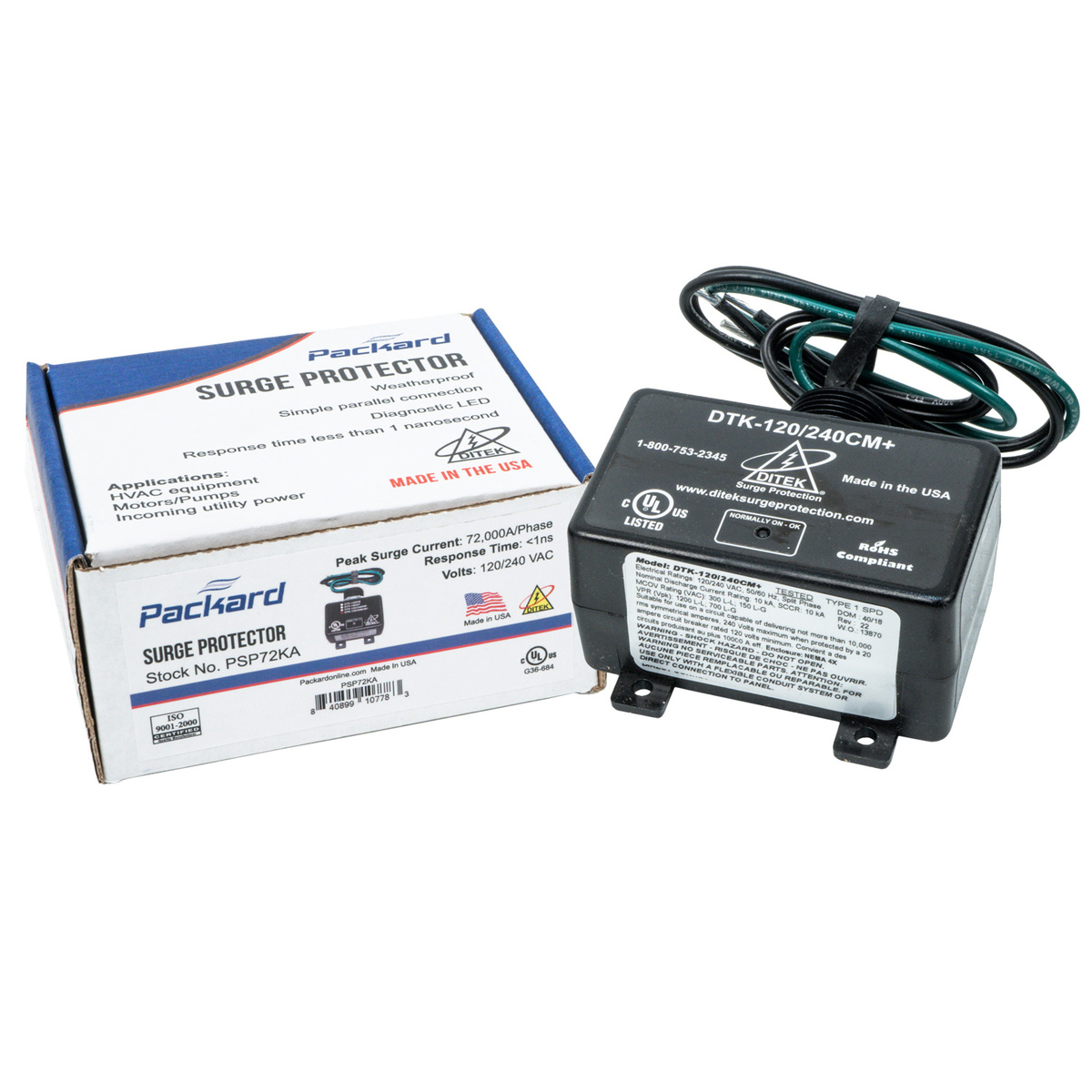
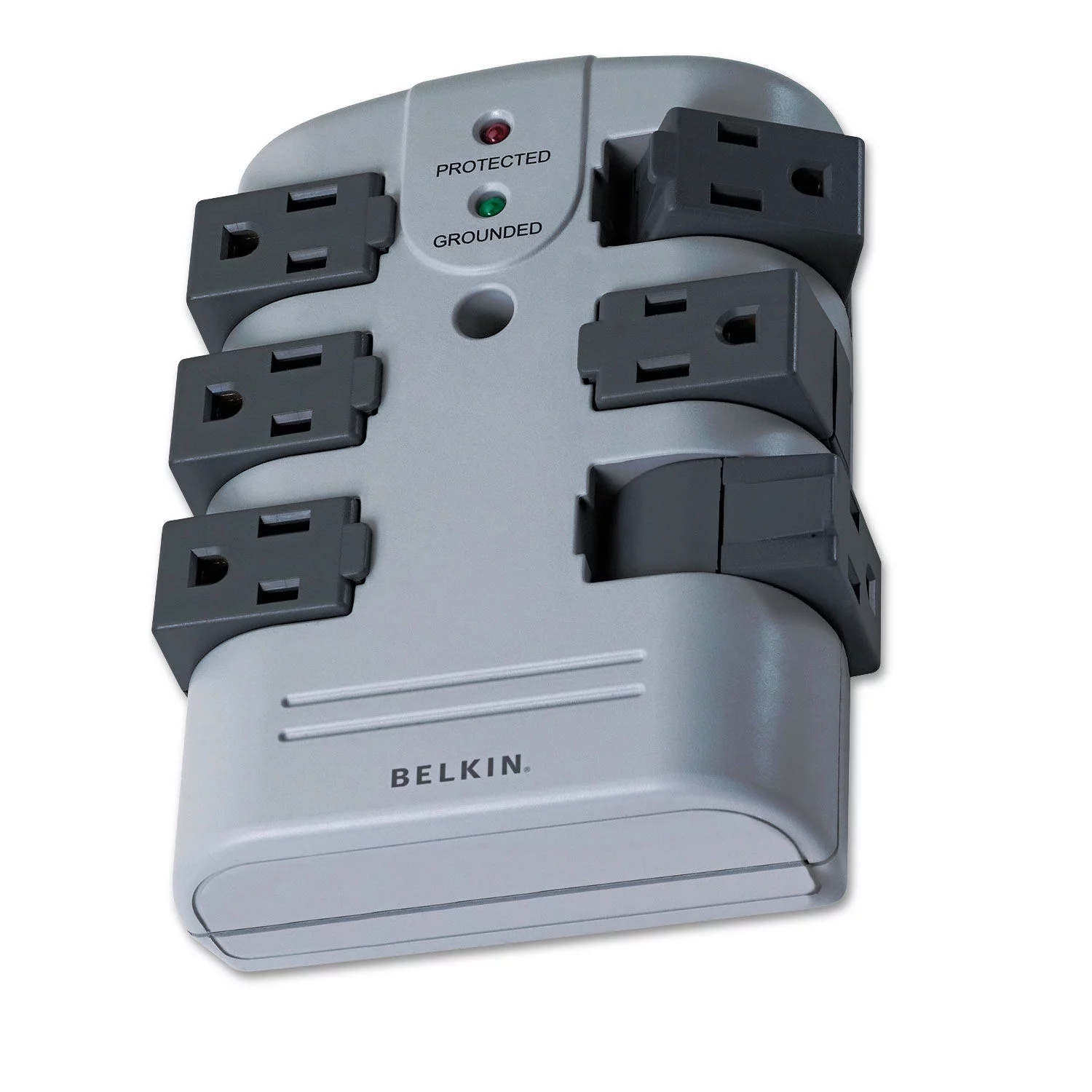
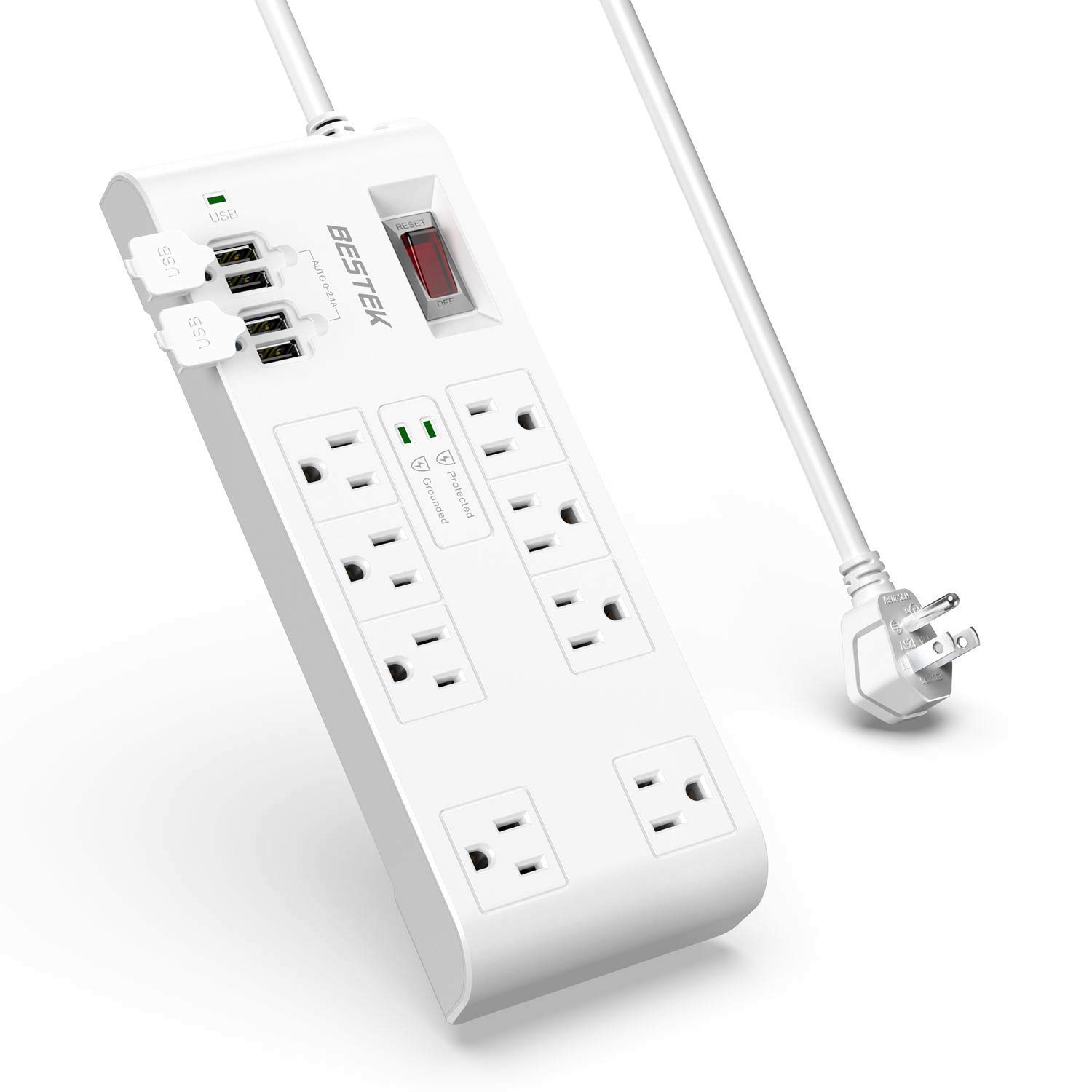
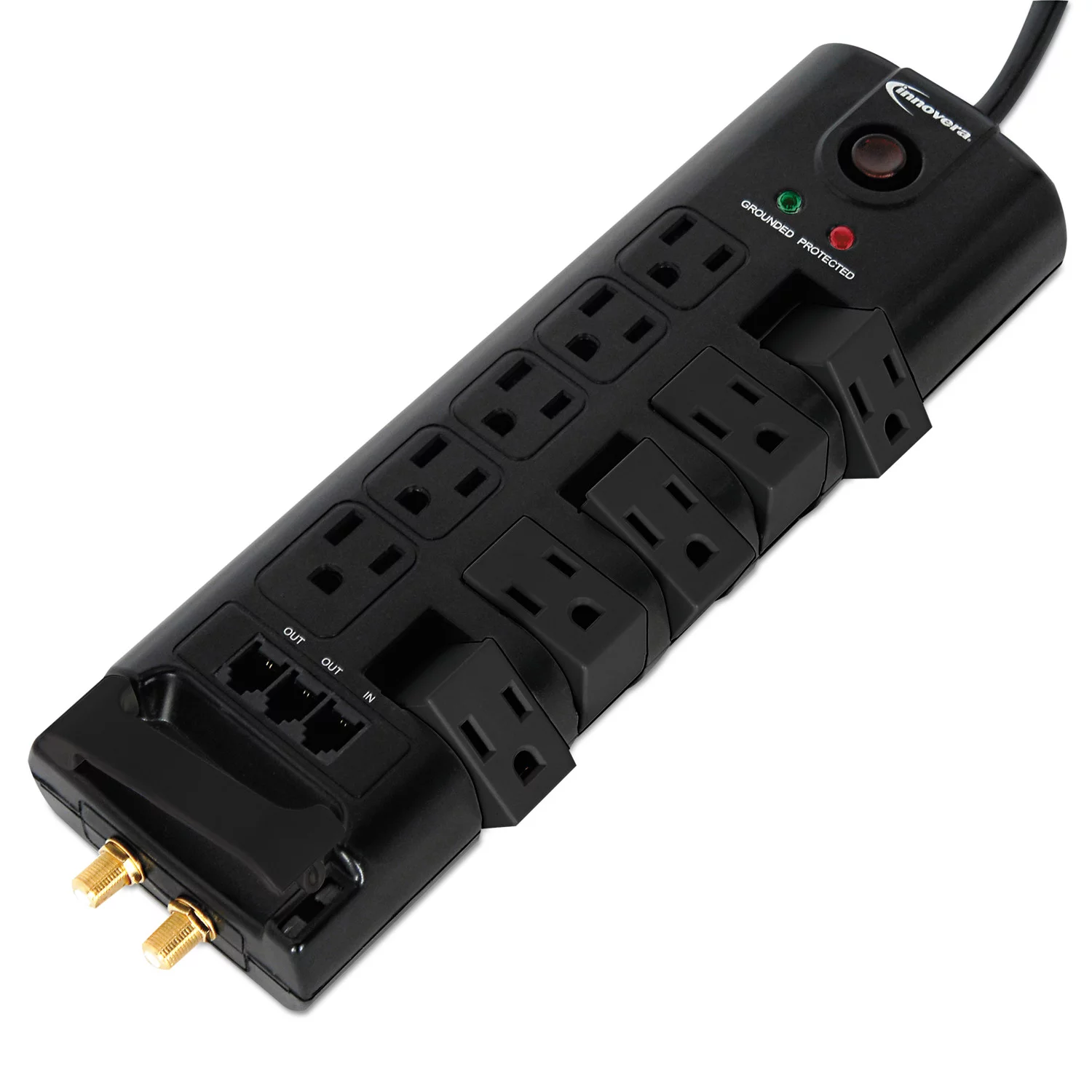
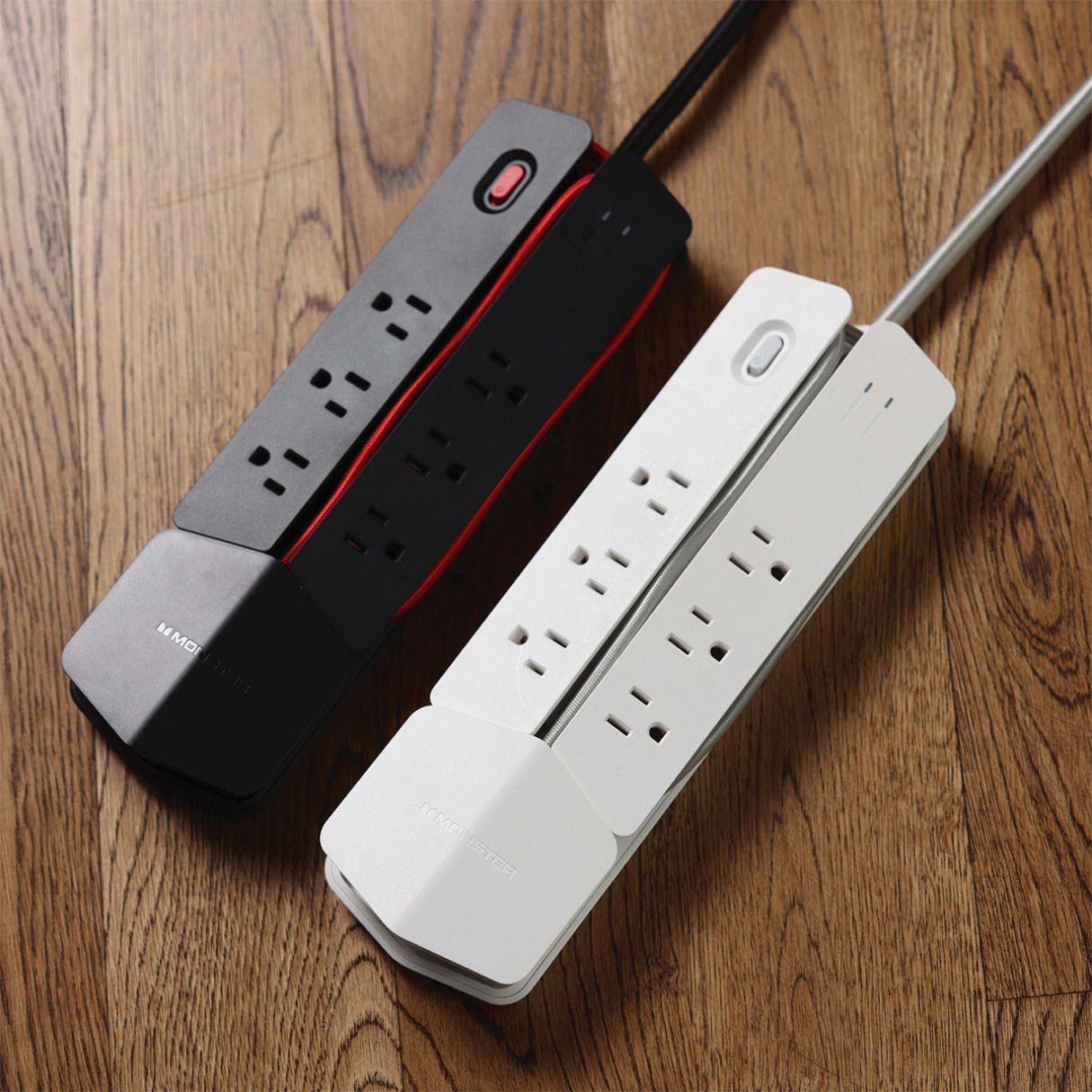
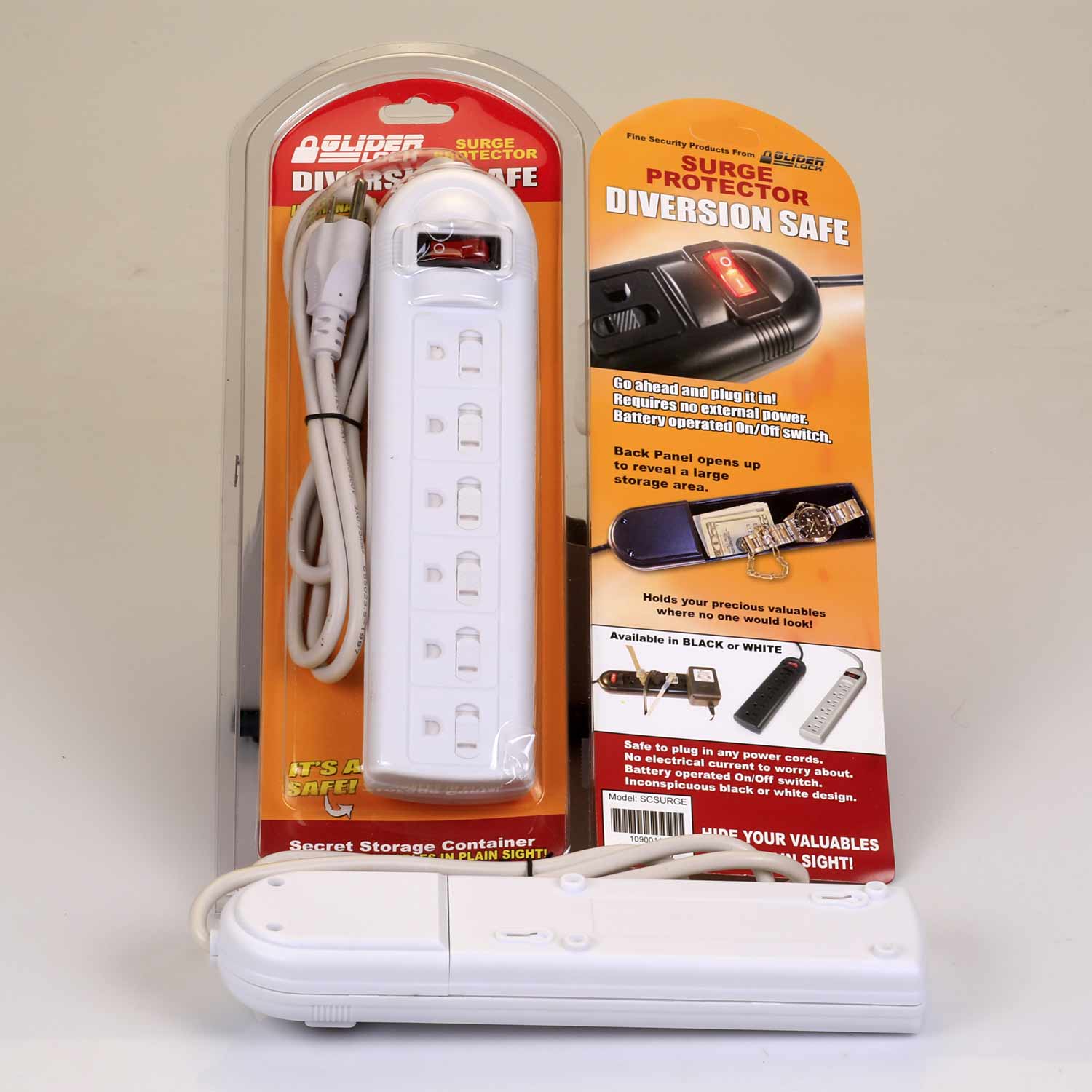
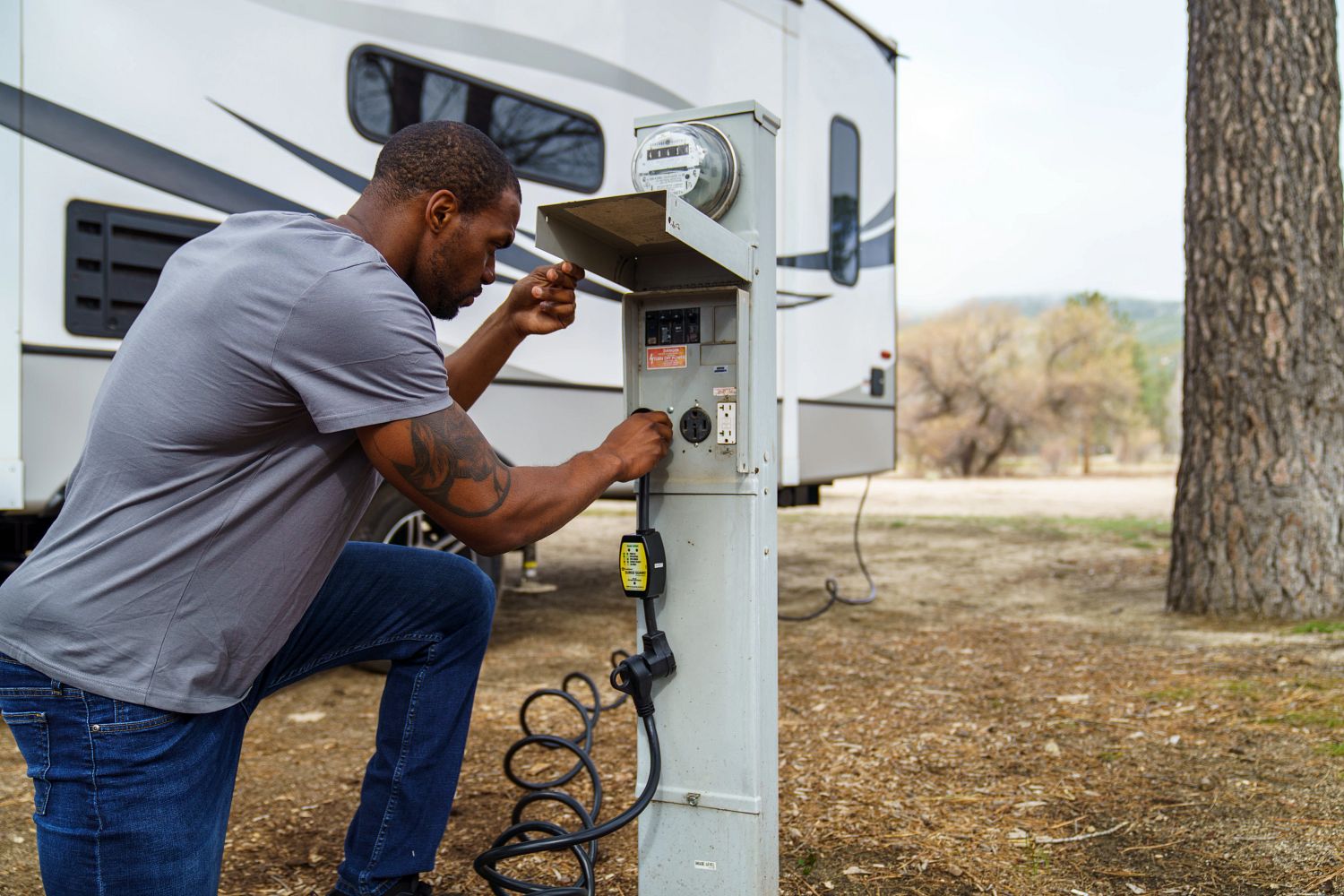
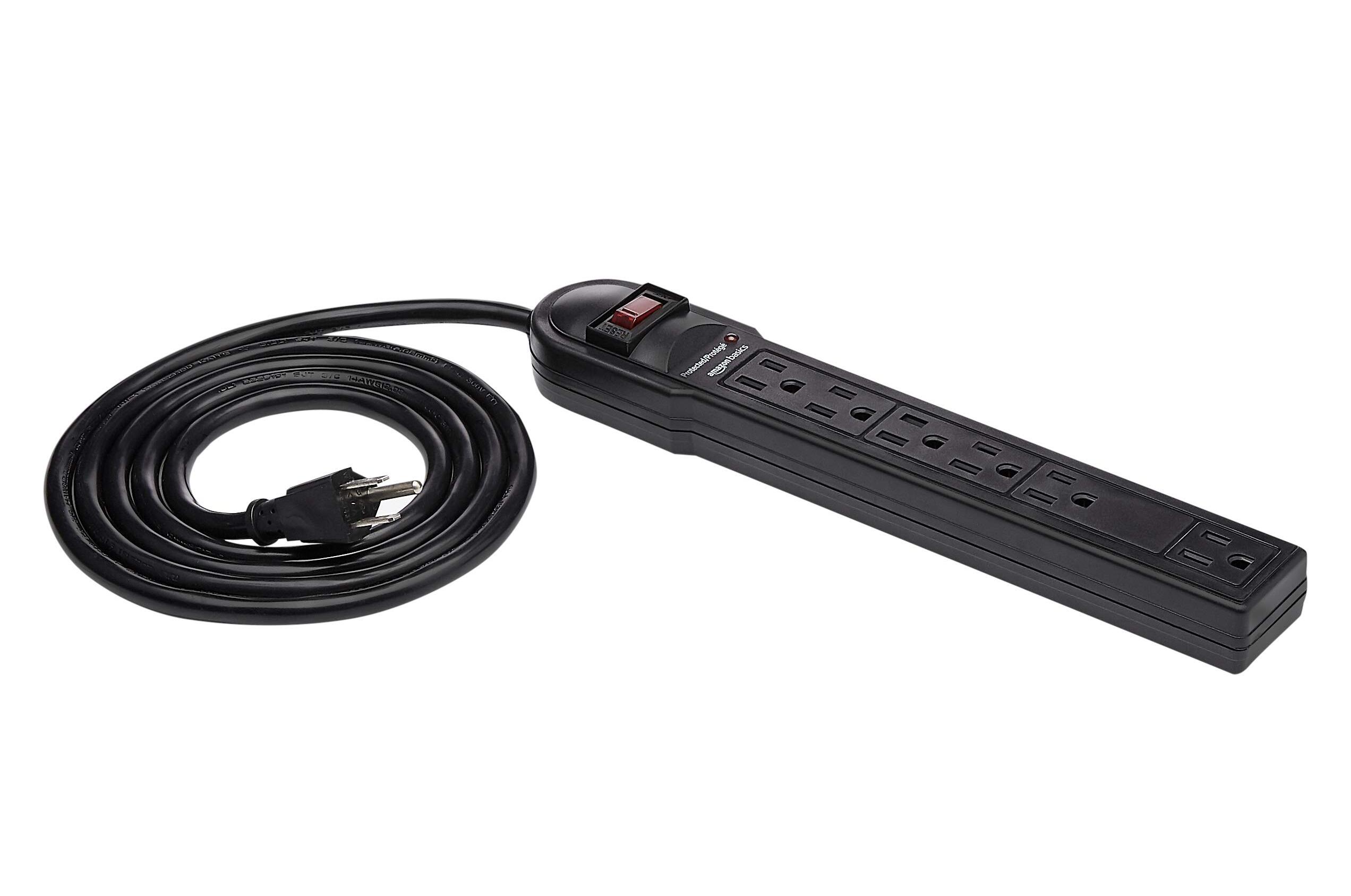
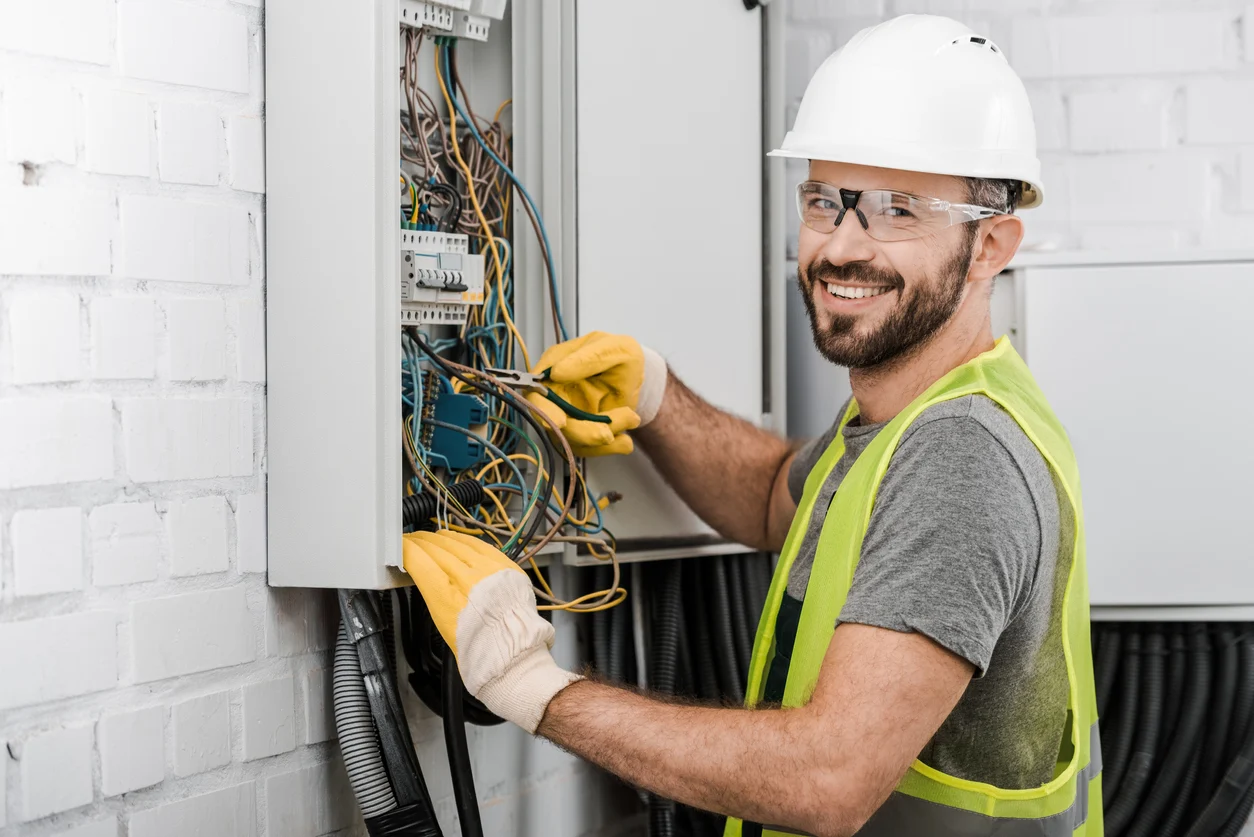
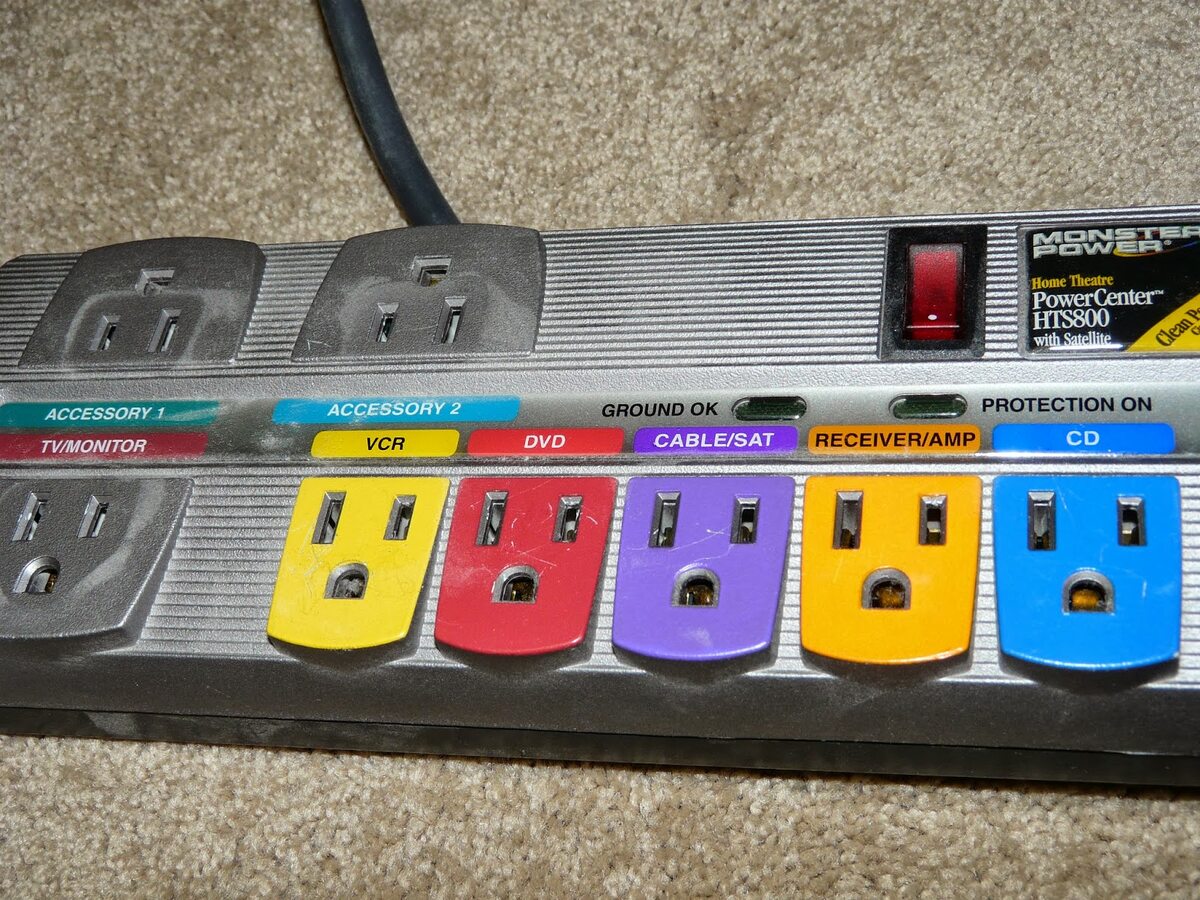
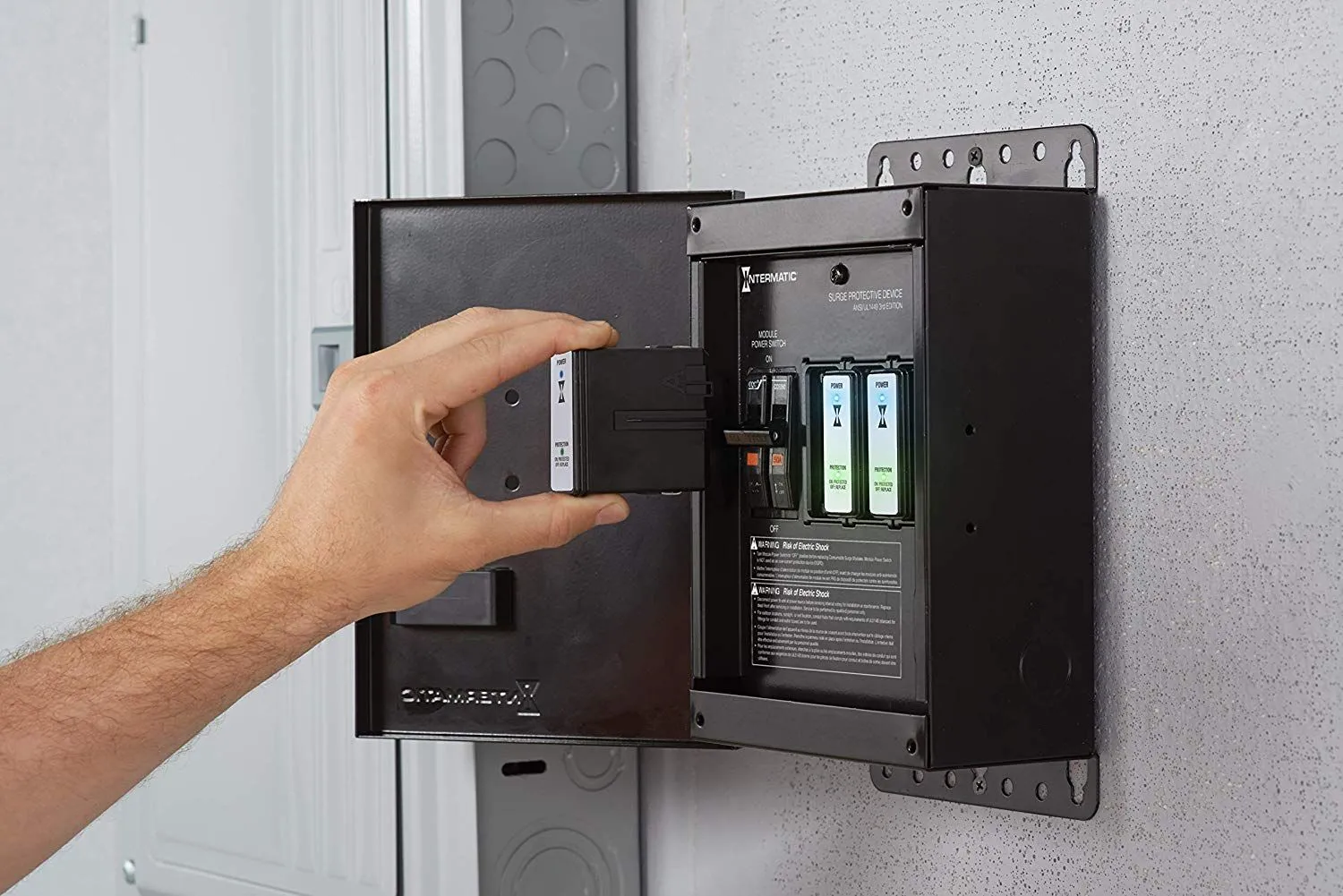
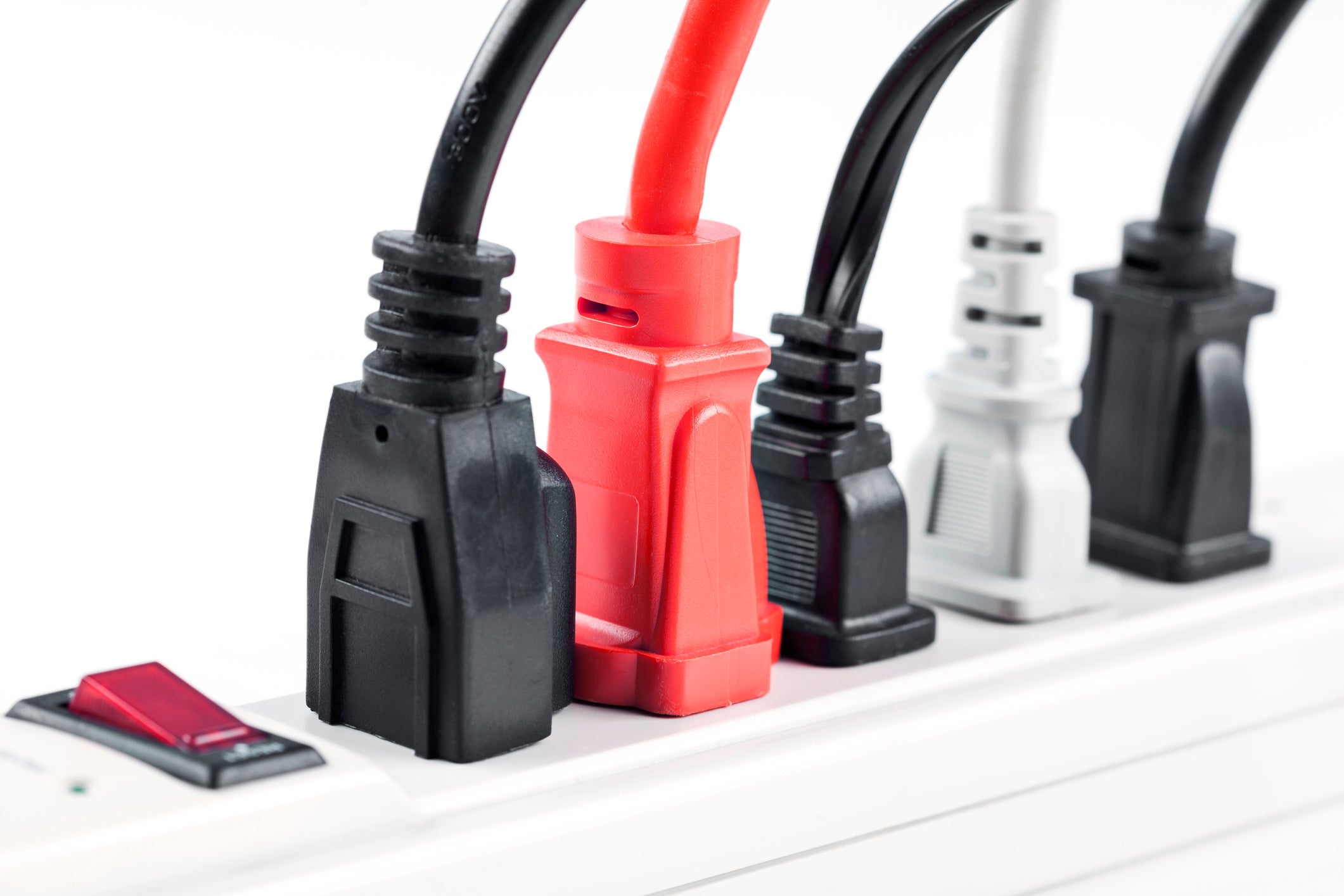
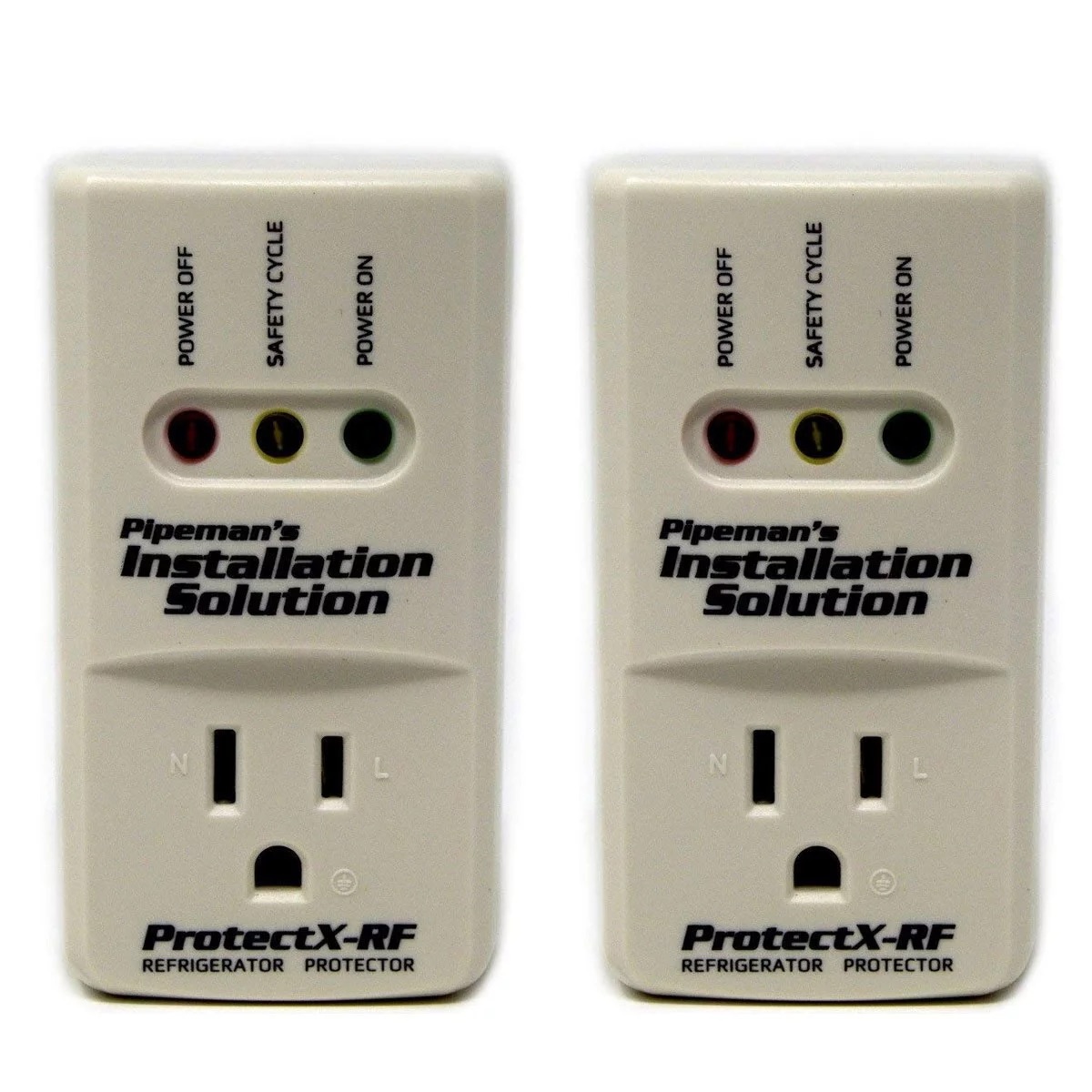
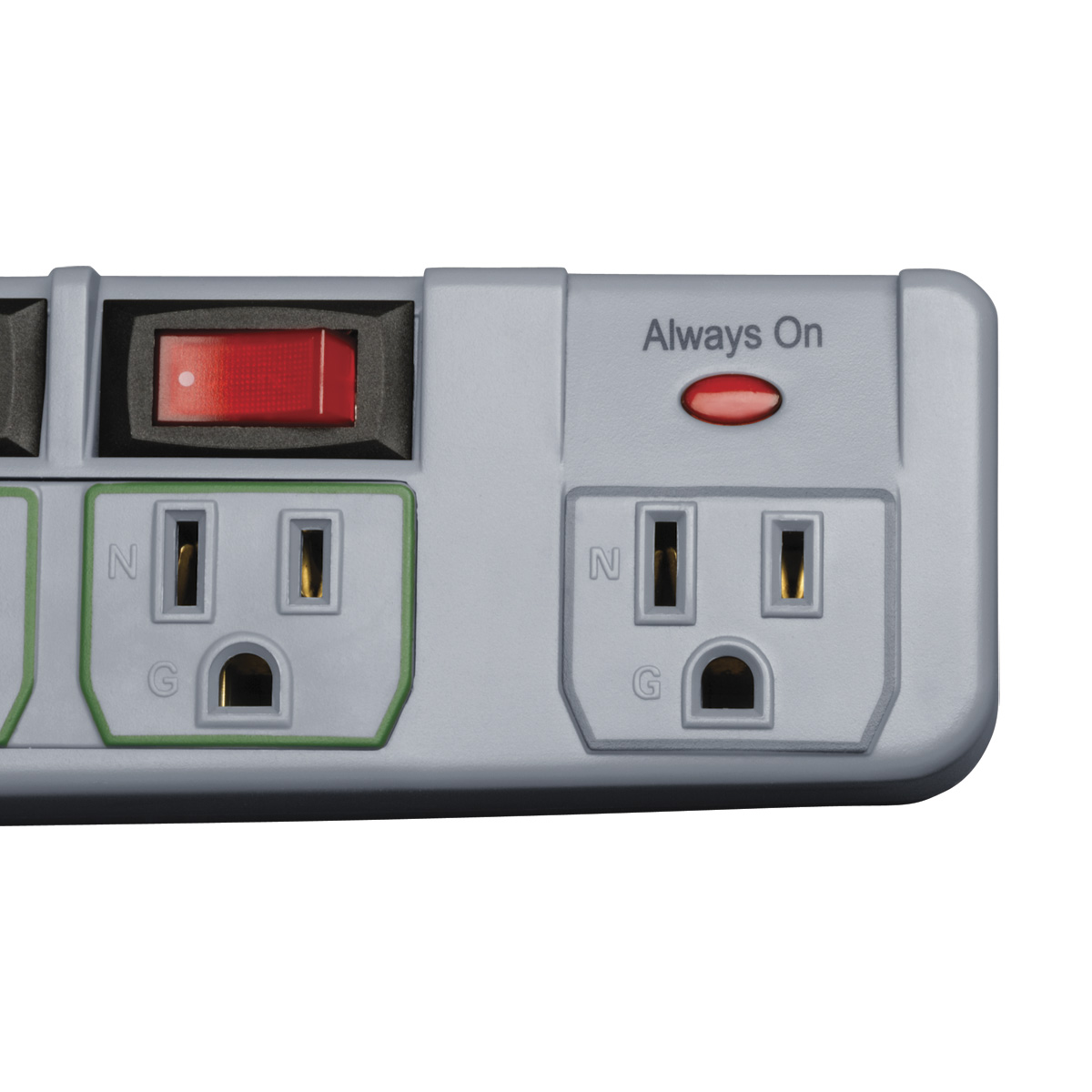

0 thoughts on “How Many Joules Does A Surge Protector Need For Refrigerator”